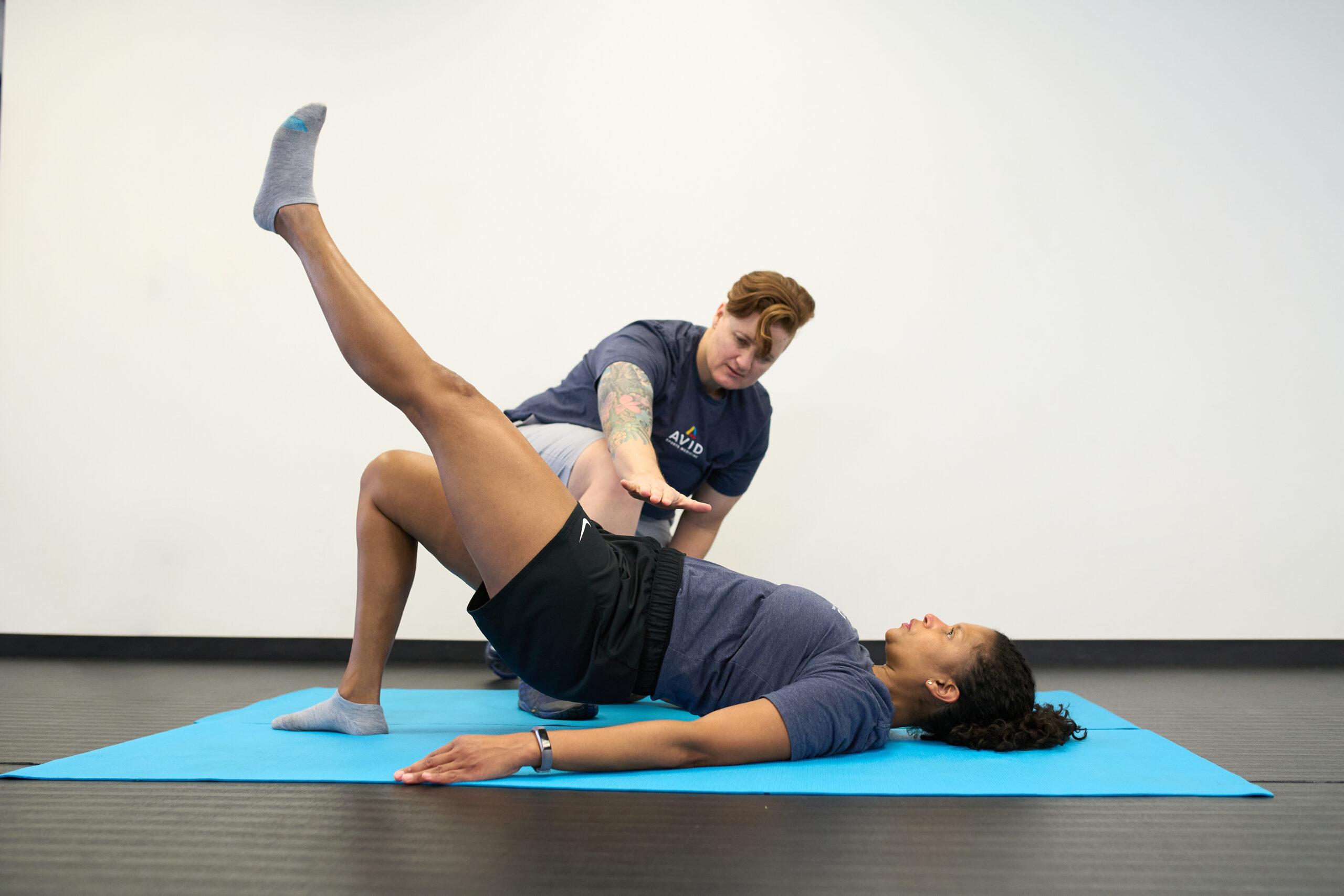Whether you’re an athlete pushing for peak performance or someone trying to recover from an injury, sports medicine goes beyond just treating injuries, it focuses on prevention, rehabilitation, and improving overall function. By understanding the role of sports medicine, you’ll see how it can help you maintain an active lifestyle, reduce pain, and enhance your performance, no matter your fitness level.
What is Sports Medicine?
Sports medicine is more than just healthcare for athletes; it’s a specialized field that caters to anyone looking to maintain or improve their physical well-being through activity. It focuses on the diagnosis, treatment, and prevention of injuries related to sports, exercise, and even everyday physical tasks. The goal? To keep you moving safely and efficiently, regardless of your fitness level.
At its core, sports medicine is a multidisciplinary field that can include:
- Physicians who specialize in musculoskeletal issues
- Physical therapists focused on rehabilitation
- Chiropractors for spinal health and alignment
- Exercise physiologists for optimizing performance
- Nutritionists for fueling your body right
Whether you’re recovering from a sprain, dealing with chronic joint pain, or simply wanting to prevent future injuries, sports medicine professionals create tailored treatment plans to address your specific needs. The emphasis is on personalized care, which can range from physical therapy and injury rehabilitation to regenerative treatments like stem cell and PRP therapy.
Common Conditions Treated by Sports Medicine
Sports medicine covers a wide range of injuries and conditions that result from physical activity, whether you’re an athlete or simply staying active. Common injuries treated by sports medicine professionals include:
- Sprains and strains: These occur when ligaments or muscles are overstretched or torn.
- Fractures: Often seen in contact sports or accidents, fractures require immediate attention to heal correctly.
- Tendonitis: Overuse injuries that cause inflammation in tendons, especially in areas like the elbow (tennis elbow) or shoulder.
Chronic conditions are also a key focus in sports medicine. Many patients suffer from:
- Arthritis: A degenerative condition affecting joints, limiting mobility and causing pain.
- Overuse injuries: These are common in repetitive motion activities, leading to problems like shin splints or stress fractures.
Treatment plans in sports medicine are customized and can include a variety of approaches, such as:
- Physical therapy: Exercises designed to strengthen muscles and improve flexibility.
- Regenerative medicine: Advanced options like platelet-rich plasma (PRP) therapy.
- Minimally invasive procedures: Such as ultrasound-guided injections for pain relief and accelerated healing.
Finding a clinic that offers these diverse treatments is crucial for achieving full recovery and preventing future injuries.
Why You Should Consider Sports Medicine
Sports medicine can benefit anyone looking to improve their health and physical performance. Whether you’re recovering from an injury or trying to prevent one, sports medicine focuses on personalized care that suits your specific needs. Here’s why you should consider it:
- Injury prevention: Sports medicine professionals design exercise and therapy plans that reduce your risk of injuries, helping you stay active longer.
- Faster recovery: With tailored treatment plans, patients experience quicker recoveries from injuries, minimizing downtime and helping them return to their activities faster.
- Enhanced performance: Sports medicine isn’t just for those healing from injuries; it’s also about boosting overall performance. Techniques like exercise physiology and biomechanics help optimize your body’s function, whether you’re preparing for a race or just want to improve your fitness routine.
By addressing both injury recovery and prevention, sports medicine helps you maintain an active, pain-free lifestyle. It’s about improving not just your physical health but also your long-term performance. Finding the right sports medicine clinic can make all the difference in reaching your fitness goals.
Stay Active and Pain-Free with Sports Medicine
Whether you’re in San Francisco, sports medicine can help you maintain an active, healthy lifestyle. It’s not just for professional athletes, anyone dealing with injuries, chronic pain, or performance goals can benefit from personalized care. From injury prevention to advanced rehabilitation treatments, finding the right sports medicine specialist is key to unlocking your full physical potential. Don’t wait to take charge of your health, book an appointment today at Avid Sports Medicine and get back to moving pain-free!

